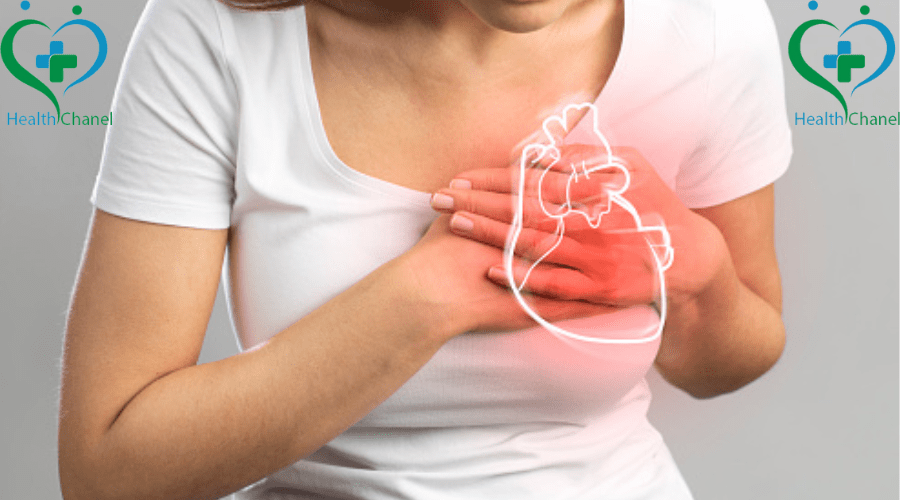Heart disease is often thought of as a “man’s problem,” but the reality is that it’s a leading cause of death for women worldwide. The challenge? Female heart blockage symptoms can be very different from those in men, making them harder to recognize. Many women dismiss women’s heart disease early signs as stress, fatigue, or aging—when in reality, they could be warning signals of a serious issue.
Understanding the signs of heart problems in women is crucial for early detection and treatment.This guide will break down what every woman needs to know about heart health, prevention, and when to seek medical attention.
Why Heart Disease Affects Women Differently
Heart disease doesn’t always look the same in men and women. Gender differences in heart disease symptoms mean that while men often experience crushing chest pain, women may have subtler warning signs like shortness of breath, nausea, or dizziness. This can lead to misdiagnosis or delayed treatment.
Coronary artery disease in women also progresses differently, with plaque building up along artery walls rather than forming distinct blockages. This makes traditional diagnostic tests less effective, increasing the risk of undetected heart issues.
Early Signs of Heart Blockage in Women
Women’s heart disease early signs can be mild and easy to overlook. Some of the most common include:
- Unusual fatigue – Feeling excessively tired, even with normal activities.
- Shortness of breath – Difficulty breathing, especially during exercise or rest.
- Nausea or dizziness – Often mistaken for digestive issues.
- Pain in the neck, jaw, or upper back – Atypical but serious warning signs.
- Swelling in the legs and feet – Can indicate poor circulation and potential heart issues.
- Chest discomfort – Unlike the intense chest pain in men, women may experience tightness, pressure, or a burning sensation.
These female heart blockage symptoms can appear weeks or even months before a major cardiac event. Recognizing them early can be life-saving.
Heart Attack Symptoms in Women Over 50
Aging and hormonal changes increase the risk of heart disease. Heart attack symptoms in women over 50 may include:
- Sudden shortness of breath
- Extreme fatigue
- Cold sweats or lightheadedness
- Discomfort in one or both arms
- Feeling of indigestion or heartburn that doesn’t go away
Many of these signs are subtle, making it essential to listen to your body and seek medical help if something feels off.
Final Thoughts
Heart disease in women is often misunderstood and overlooked, but being aware of typical heart attack symptoms in females can make all the difference. Whether you’re watching for female heart blockage symptoms, managing stress and heart disease in females, or learning how to support women’s heart health awareness, taking charge of your heart health starts with knowledge. If you notice any concerning signs, don’t ignore them—your heart deserves your attention.

